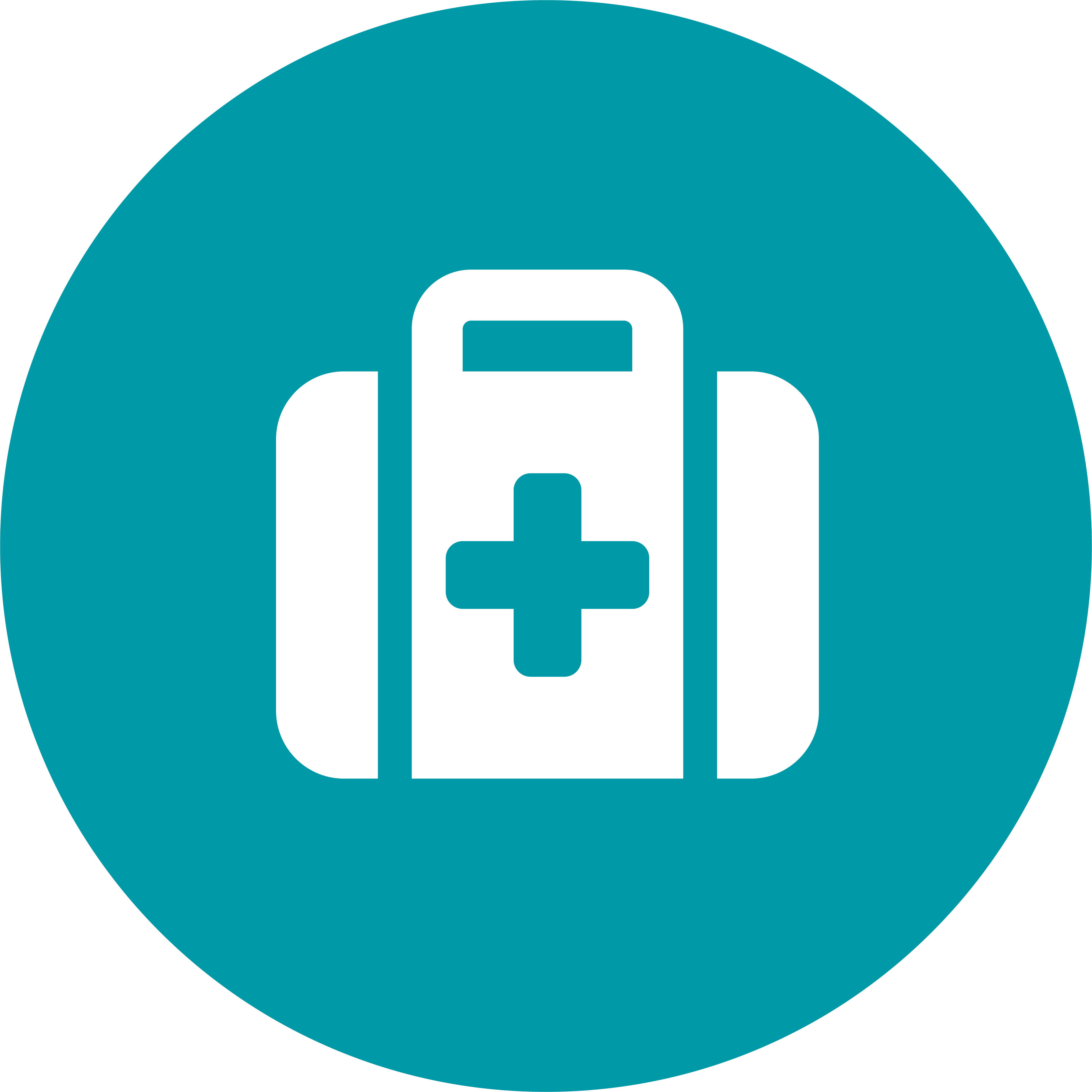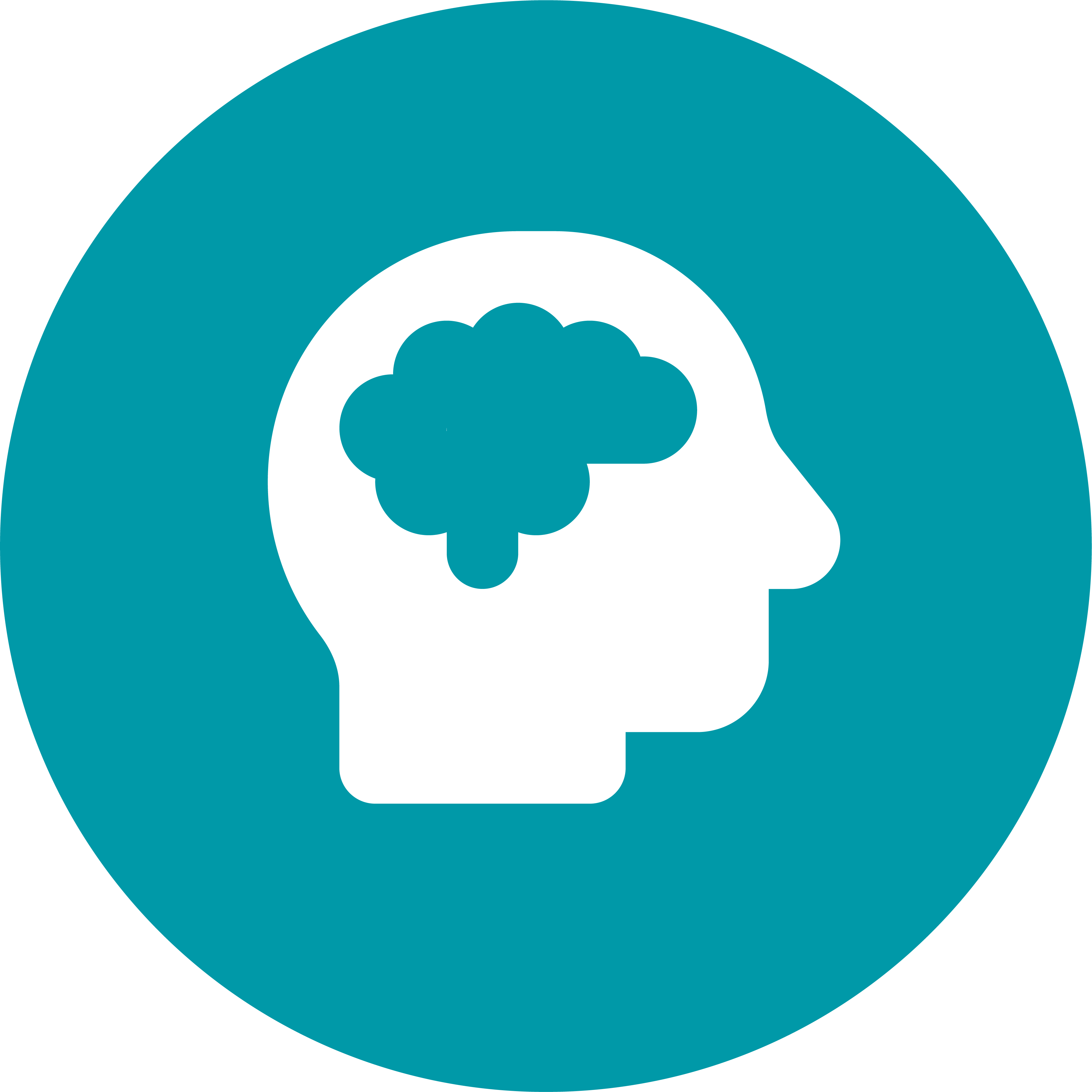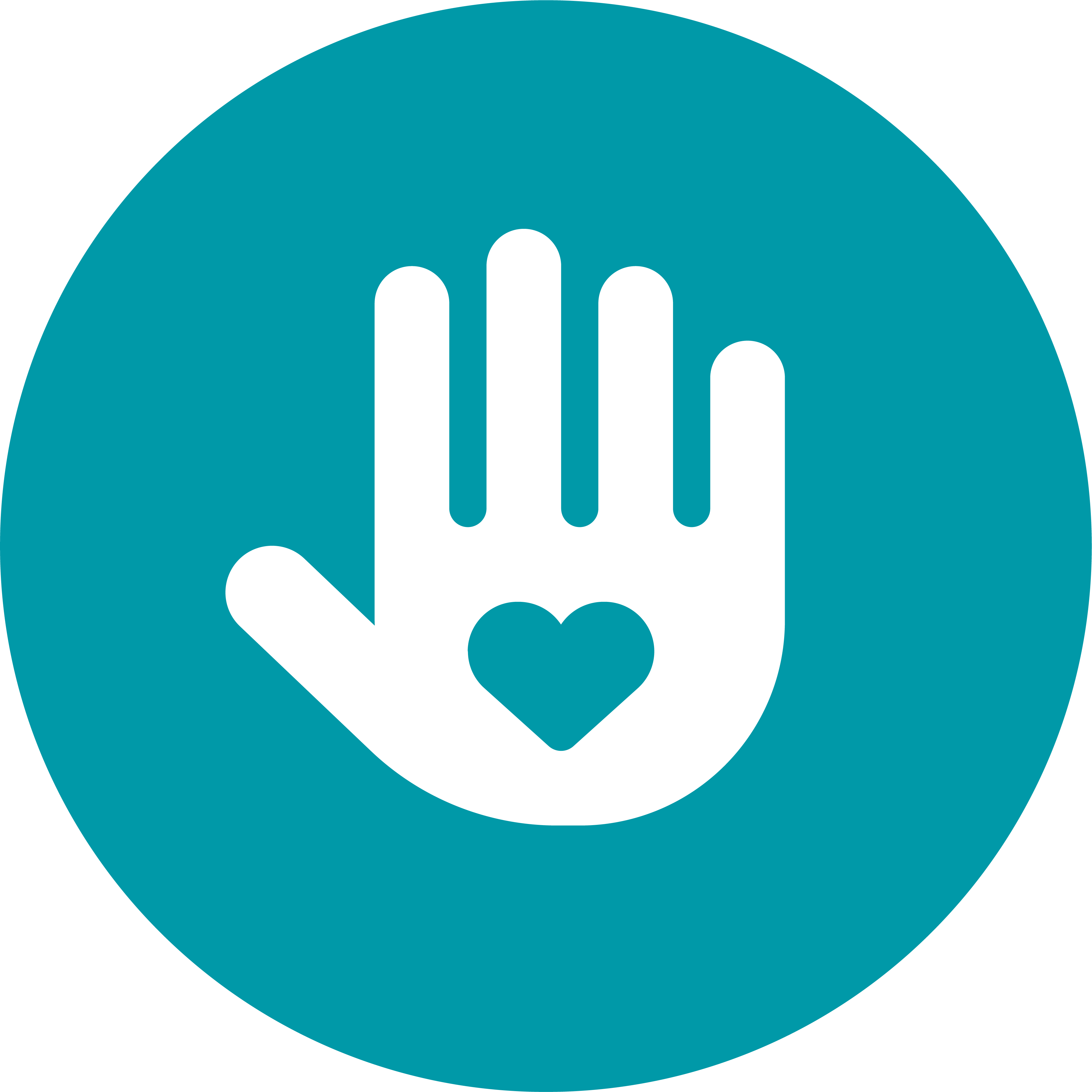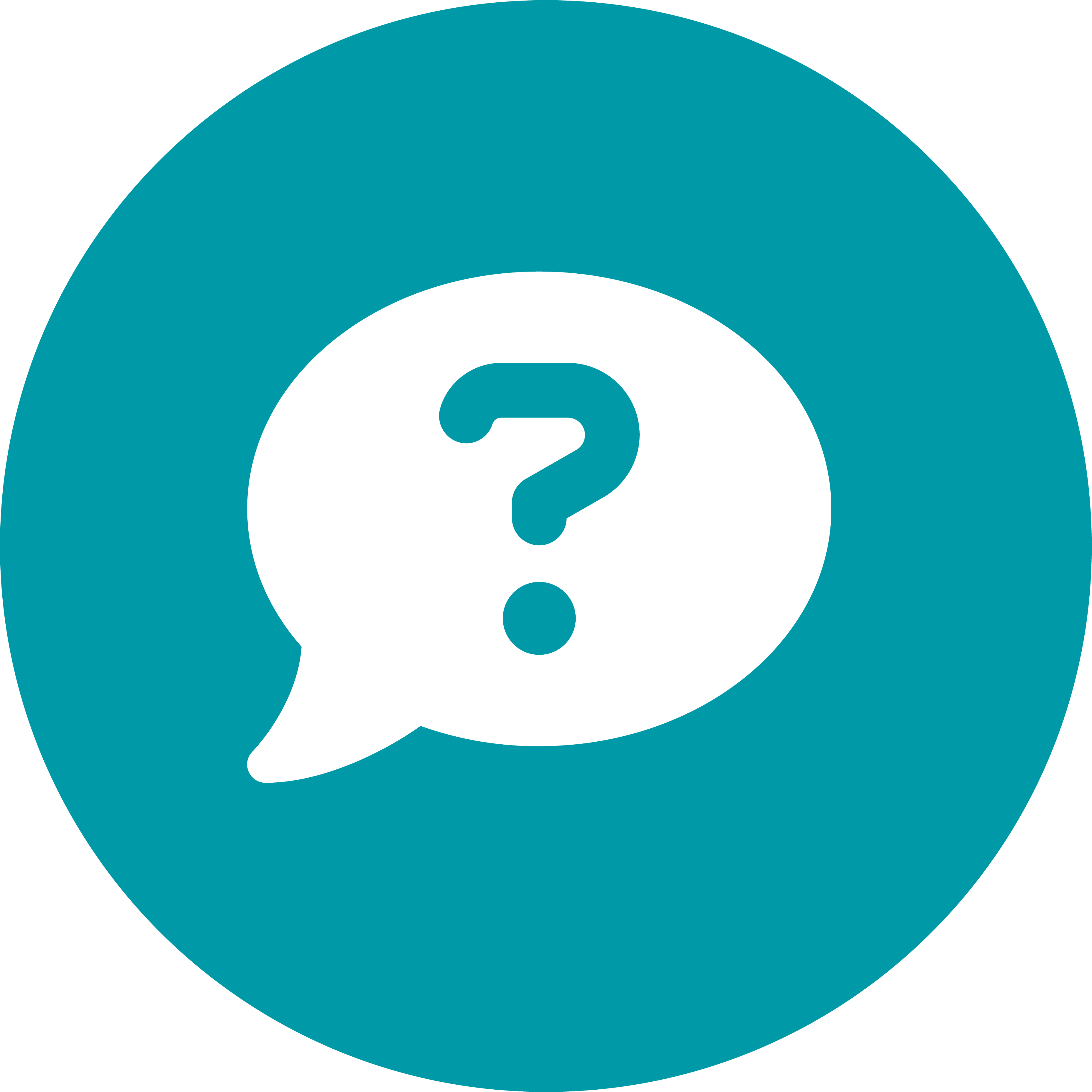Immediate Crisis Information
If you or a loved one are experiencing mental health-related distress — including thoughts of suicide and depression, anxiety or other panic disorders, substance abuse crisis, danger of physical injury, or any other kind of emotional distress — dial “988” to be connected to the National Suicide Prevention Lifeline, available 24/7.
The DuPage County Health Department offers a wide variety of mental health resources, including 24/7 urgent crisis lines and other mental health assistance lines, including specific crisis lines for veterans and the LGBTQA+ community. Individuals in need can review all of the available resources in order to get in touch with the appropriate support team that can best help you or a loved one with their mental health needs.
988 Dial Code
“988” is a three-digit dialing code that connects people to the existing National Suicide Prevention Lifeline, where compassionate, accessible care and support is available for anyone experiencing mental health-related distress. People can also dial “988” if they are worried about a loved one who may need crisis support.
Mental Health Resources
Take A Self-Assessment
For questions about these assessments, or to speak with someone about mental health concerns for yourself or a loved one, please call (630) 752-0066.
Local Mental Health Provider Directory
Many individuals and families who reach out to NAMI DuPage need licensed therapists/counselors to complement our peer-led services. We are happy to provide information about mental health providers in the local area who are available for appointments.
For more information about these providers, please contact Meredith Kober, Director of Programs, at [email protected].
NOTE: NAMI DuPage does not specifically recommend any of these practices; they are paid promotions. We advise potential clients to carefully research and review all potential healthcare providers. If you are a provider interested in being listed on this page, please email [email protected] with your inquiry.
NAMI Resources
Insurance or Self-Pay
- Advanced Behavioral Health Services
- Ann Murray
- Blue Kite Wellness
- Paul J. Capriotti MD SC
- Choices Counseling and Coaching
- Conventions Psychiatry and Counseling
- Clarity Wellness Group
- Fash Counseling
- Jeanne Weber-McGuire (outpatient eating disorder specialist with Find Your Solutions)
- Tonya Gilkerson, LCSW
- Goodman Psychologist Associates
- Grow Wellness Group
- Health and Healing Therapy
- Lake Cook Behavioral Health – Naperville
- Lott Behavioral Health
- Carrigan Manetti, Psy.D.
- Springview Ketamine Behavioral Services
- Wone Counseling Services, PLLC
- 24/7 DCT
Insurance, Self-Pay, and Sliding Scale
- Barnum Counseling
- Be Well Counseling
- Blue Kite Wellness
- Essentially You
- Evangelical Child and Family Agency
- Evergreen Counseling
- Gathering for Groups
- Good Therapy
- Lauren Kunstler, MSW, LCSW
- Madrigal Consulting & Counseling
- Naperville Counseling Center
- Northeast DuPage Family & Youth Services
- Oak Brook Counseling & Wellness, LTD.
- SZ & Associates
- The Carlton Center
- The OCD & Anxiety Center
- Wheaton Wellness Center
- Your Story Counseling
- 24/7 DCT
Medicaid
Substance use Disorder Treatment
Mental Health Conditions
Conditions Overview
ADHD
Attention deficit hyperactivity disorder (ADHD) is a condition characterized by inattention, hyperactivity and impulsivity.
Anosognosia
Anosognosia is a common symptom of certain mental illnesses, where someone is unaware of their own mental health condition or that they can’t perceive their condition accurately.
Anxiety Disorders
While we can all experience moments of anxiety, an anxiety disorder occurs when feelings of intense fear and distress become overwhelming and prevent us from doing everyday activities.
Autism
Autism spectrum disorder (ASD) is a developmental condition that affects a person’s ability to socialize and communicate with others.
Bipolar Disorder
Bipolar disorder is a mental illness that causes dramatic shifts in a person’s mood, energy and ability to think clearly.
Borderline Personality Disorder (BPD)
Borderline Personality Disorder (BPD) is a condition characterized by difficulties regulating emotion.
Depression
Depressive disorder, frequently referred to simply as depression, is more than just feeling sad or going through a rough patch. For most, depressive disorder recurs. Without treatment, episodes may last a few months to several years.
Dissociative Disorders
Dissociative disorders are characterized by an involuntary escape from reality characterized by a disconnection between thoughts, identity, consciousness and memory.
Dual Diagnosis
Dual diagnosis is a broad term used when someone experiences a mental illness and a substance abuse problem simultaneously.
Eating Disorders
Eating disorders are a group of related conditions that cause serious emotional and physical problems. Each condition involves extreme food and weight issues; however, each has unique symptoms that separate it from the others.
Overly Compulsive Disorder (OCD)
Obsessive-compulsive disorder (OCD) is characterized by repetitive, unwanted, intrusive thoughts (obsessions) and irrational, excessive urges to do certain actions (compulsions).
Psychosis
Psychosis is characterized as disruptions to a person’s thoughts and perceptions that make it difficult for them to recognize what is real and what isn’t.
PTSD
Posttraumatic Stress Disorder (PTSD) refers to the long term symptoms that present themselves after an individual lives through a traumatic event.
Schizoaffective Disorder
Schizoaffective disorder is a chronic mental health condition characterized primarily by symptoms of schizophrenia, such as hallucinations or delusions, and symptoms of a mood disorder, such as mania and depression.
Schizophrenia
Schizophrenia is a serious mental illness that interferes with a person’s ability to think clearly, manage emotions, make decisions and relate to others.
Self-Harm
Self-harm, or self-injury, means hurting yourself on purpose due to emotional distress.
Sleep Disorders
Sleep disorders may develop secondary to a medical illness such as sleep apnea, or a mental health condition like depression.
Risk of Suicide
Thoughts of suicide can be frightening. But by reaching out for help or checking in with family and friends, we can avoid devastating outcomes.
Substance Use Disorders
Substance use disorders — the repeated misuse of alcohol and/or drugs — often occur simultaneously in individuals with mental illness, usually to cope with overwhelming symptoms.
Treatment & Services
FAQ
What is mental illness?
Mental illnesses can affect persons of any age, race, religion or income. Mental illnesses are not the result of personal weakness, lack of character, or poor upbringing. Most people diagnosed with a serious mental illness can succeed in life with an individualized treatment plan and live in recovery.
Serious mental illnesses include but are not limited to: major depression, schizophrenia, bipolar disorder, obsessive-compulsive disorder, panic disorder, several anxiety disorders, post-traumatic stress disorder, and borderline personality disorders.
How are mental illnesses formally diagnosed?
What should I do if my loved one is experiencing a crisis?
- In danger of physical injury
- Out of control
- Talking about suicide
- Posing a threat to the safety of other persons
Consult ahead of time with a mental health professional or with the DuPage County Health Department (Access and Crisis Center 630-627-1700), so that you know how to obtain services when you need them.
What if my loved one needs hospitalization but won’t agree to it?
If at all possible, voluntary hospitalization is always better. However, the reasoning ability of a person with a mental illness in crisis is often impaired, and it is not always possible to convince him or her of the need for inpatient treatment; therefore, involuntary hospitalization may become necessary.
Visit the Treatment Advocacy Center for more information about Illinois treatment laws.
Who can prescribe medications?
Psychiatrists often prescribe patient-specific combinations of medications based on the symptoms and changes of symptoms. Each person responds differently to the various medications available for illnesses with similar symptoms.
While some medications affect symptoms in a few days, others require continuous dosage for four to six weeks before evaluation of their effectiveness can be validly determined. It is necessary to continue taking the medications, even though symptoms have improved.
How can I find a psychiatrist?
A psychiatrist is a medical physician who specializes in the diagnosis, treatment, and prevention of mental illnesses, including substance abuse and addiction. While NAMI DuPage does not provide referrals to psychiatrists, please see the Local Mental Health Provider Directory for information.
Most major hospitals include a “Find a Doctor” feature on their website, where you can select “psychiatry” or “psychiatrist” from a list. The most useful “Find a Doctor” web tools:
- allow you to enter an illness if you already have a diagnosis (e.g., bipolar disorder, schizophrenia, panic attacks)
- provide biographical and experience information about the physicians identified by the search process, and
- provide a list of the types of mental illnesses in which the physicians specialize.
Which local hospitals and/or mental health providers are available in DuPage county?
Northwestern Medicine Central DuPage Hospital
Telephone: (630) 933-4000
Website: http://www.nm.org/westbh
Elmhurst Memorial Hospital
Telephone: 331-221-1000
Website: http://www.emhc.org/contact-emhc/
Advocate Good Samaritan Hospital
Telephone: 630-275-5900
Website: http://www.advocatehealth.com/gsam/
Linden Oaks at Edwards
Telephone: 630-305-5500
Website: http://www.edward.org/lindenoaks
Visit our Local Mental Health Directory for more information
How can I find legal assistance related to mental illness?
NAMI does not verify qualifications or credentials of attorneys on the panel, and supplement our listings with the Disability Law Directory of the American Bar Association, the Directory of the American College of Trust and Estate Counsel, the National Legal Aid and Defender Association Directory and the Directory of Local Pro Bono Programs.
Illinois-specific legal information and referral resources include Illinois Legal Aid, and the DuPage County Legal Aid Service sponsored by the DuPage County Bar Association.
FREE NAMI Resource Guides
Navigating a Mental Health Crisis
Navigating a Mental Health Crisis: A NAMI Resource Guide for Those Experiencing a Mental Health Emergency (Crisis Guide) provides important, potentially life-saving information for people experiencing mental health crises and their loved ones. This guide outlines what can contribute to a crisis, warning signs that a crisis is emerging, strategies to help de-escalate a crisis, available resources and so much more.








